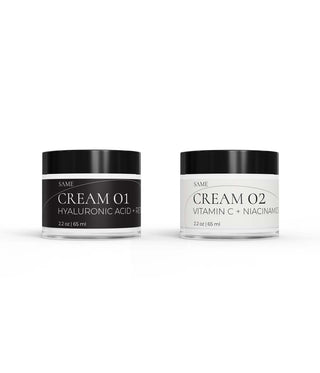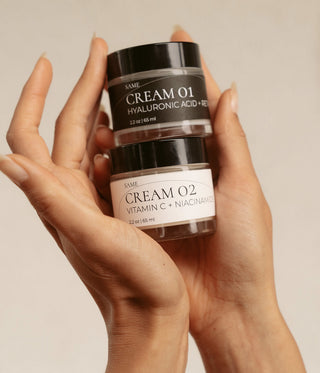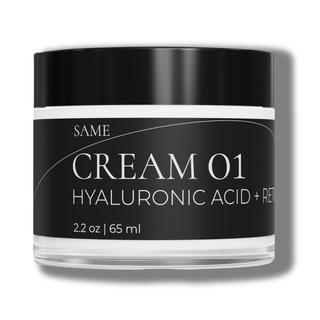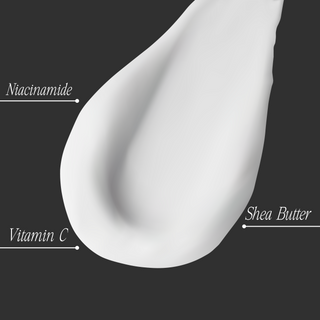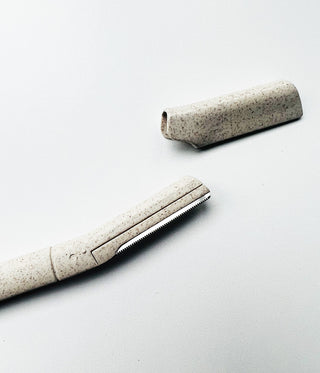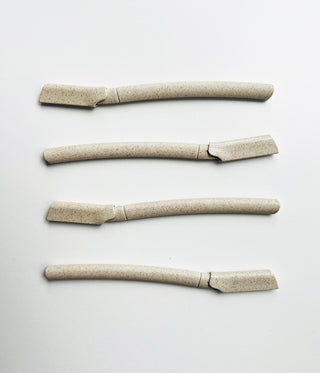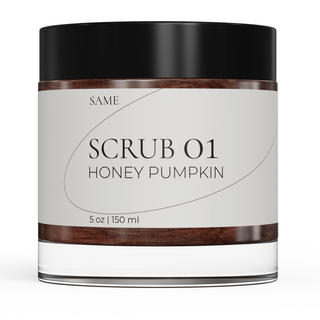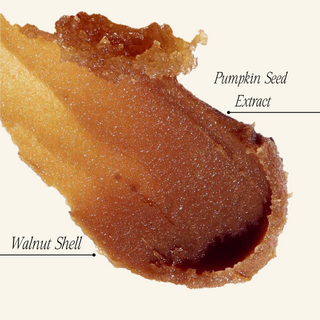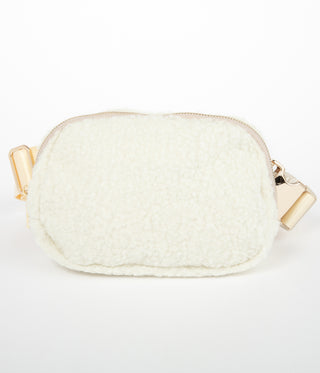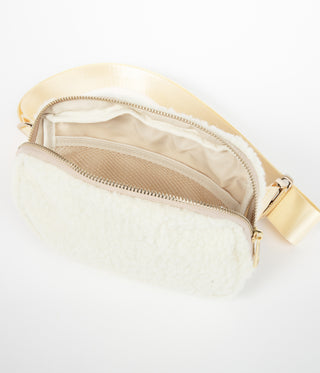Welcome to our new content series, Hormone 101, where we dish on what you need to know about hormone health. Let’s dive right in with estrogen, a key hormone that plays a vital role in your health, skin, and happiness.
What is Estrogen?
Estrogen is a hormone primarily produced in the ovaries, but it's also made in smaller amounts by the adrenal glands and fat tissues. It's one of the main female sex hormones, playing a crucial role in developing and regulating the female reproductive system and secondary sex characteristics.
Why It’s Important for Your Skin and Happiness:
- Skin Health: Estrogen helps keep your skin hydrated, plump, and elastic by promoting collagen production. It maintains your skin's thickness and protects it from environmental damage.
- Mood Booster: Estrogen also affects your brain, helping to regulate mood and emotions. It can contribute to feelings of well-being and happiness.
How and Where It’s Made:
- Ovaries: The primary source of estrogen production, especially during the reproductive years.
- Adrenal Glands: Located on top of your kidneys, these glands produce small amounts of estrogen.
- Fat Tissues: They can convert other hormones into estrogen, providing additional sources of this hormone.
How does an Estrogen imbalance effect skin?
- High Estrogen: Can cause hyperpigmentation, melasma, and increased oiliness, leading to breakouts.
- Low Estrogen: Can lead to dryness, thinning skin, increased wrinkles, and loss of elasticity.
Benefits of Estrogen for Your Skin:
- Hydration: Helps maintain skin moisture and prevents dryness.
- Elasticity: Promotes collagen production, keeping your skin firm and youthful.
- Healing: Enhances the skin's ability to repair and regenerate.
Did You Know?
Fluctuating estrogen levels - like during the 28-day menstrual cycle - can lead to skin changes like dryness, fine lines, and wrinkles. At Same, our goal is to ensure you have the same skin, all month by using the right products with hormone-friendly ingredients in sync with your 28-day cycle.
Hormone Health: how to naturally support Estrogen
Protecting your body's natural ability to regulate estrogen involves adopting a healthy lifestyle and being mindful of various environmental factors. Here are some tips to help maintain balanced estrogen levels:
Nutrition and Diet
- Eat a Balanced Diet: Include a variety of fruits, vegetables, whole grains, and lean proteins. A diet rich in fiber can help regulate estrogen levels.
- Phytoestrogens: Foods like flaxseeds, soybeans, and tofu contain natural plant estrogens that can support balanced estrogen levels.
- Limit Processed Foods: Reduce intake of processed foods and added sugars, which can disrupt hormonal balance.
- Healthy Fats: Include healthy fats like omega-3 fatty acids found in fish, flaxseeds, and walnuts to support hormone production.
Exercise and Physical Activity
- Regular Exercise: Engage in regular physical activity, such as walking, jogging, or yoga, to help maintain a healthy weight and regulate hormone levels.
- Strength Training: Incorporate strength training exercises to help build muscle and support overall hormonal health.
Lifestyle Choices
- Stress Management: Practice stress-reducing techniques like meditation, deep breathing, or mindfulness to reduce cortisol levels, which can impact estrogen balance.
- Adequate Sleep: Ensure you get 7-9 hours of quality sleep each night to support hormone regulation.
Environmental Factors
- Reduce Exposure to Endocrine Disruptors: Avoid products containing chemicals like BPA, phthalates, and parabens, which can interfere with hormone regulation.
- Natural Personal Care Products: Use skincare and personal care products free from toxic Endocrine Disrupting Chemicals (EDCs).
Medical and Supplement Guidance
- Regular Check-ups: Have regular health check-ups and discuss any hormonal concerns with your healthcare provider.
- Herbal Supplements: Consider supplements like Vitex (chasteberry) or evening primrose oil, which are known to support hormonal balance, but always consult with a healthcare provider before starting any new supplements.
Hydration and Detoxification
- Stay Hydrated: Drink plenty of water to support overall bodily functions, including hormone regulation.
- Liver Health: Support your liver, which plays a crucial role in hormone metabolism, by consuming detoxifying foods like garlic, lemon, and green tea.
By adopting these healthy habits, you can help protect your body's natural ability to regulate estrogen and maintain overall hormonal balance.






